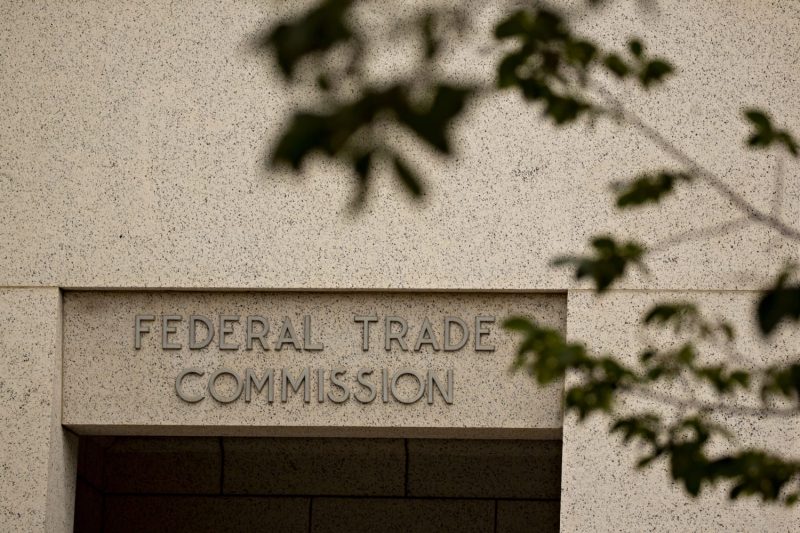In a recent move that highlights the ongoing concerns surrounding the pharmaceutical industry, the Federal Trade Commission (FTC) has accused three major drug middlemen of inflating insulin prices. This development sheds light on the complexities of the drug pricing system and raises questions about the fairness and transparency of pricing practices within the industry.
The three companies at the center of the controversy are Express Scripts, CVS Health, and OptumRx. These companies, known as pharmacy benefit managers (PBMs), play a crucial role in the healthcare ecosystem by negotiating drug prices on behalf of insurers and employers. However, the FTC alleges that these companies engaged in anticompetitive practices that resulted in higher costs for consumers, particularly those in need of life-saving insulin.
The FTC’s complaint specifically targets the tactics used by PBMs to maintain their dominance in the market. This includes practices such as exclusivity agreements with drug manufacturers, rebate structures that discourage competition, and steering patients towards more expensive insulin products. By artificially inflating prices and limiting choice, these PBMs have created a system that prioritizes profits over the well-being of patients.
One of the key issues raised by this case is the lack of transparency in the drug pricing system. With multiple players involved in the supply chain, including drug manufacturers, wholesalers, PBMs, and pharmacies, it can be difficult for consumers to understand the true cost of their medications. This opacity allows for hidden markups and backroom deals that ultimately drive up prices for patients.
The FTC’s action against these PBMs is a step towards addressing these concerns and holding companies accountable for their pricing practices. By shining a light on anticompetitive behavior in the industry, the FTC is sending a message that unfair pricing tactics will not be tolerated.
In response to the allegations, the three PBMs have denied any wrongdoing and have vowed to fight the FTC’s complaint. They argue that their role in negotiating drug prices helps to lower overall healthcare costs and improve access to medications for patients. However, critics contend that the current system benefits the PBMs and drug manufacturers at the expense of consumers.
Moving forward, it will be crucial for regulators to continue monitoring the pharmaceutical industry and taking action against anticompetitive practices. By promoting greater transparency and competition in the drug pricing system, regulators can help ensure that patients have access to affordable medications without sacrificing quality or safety.
In conclusion, the FTC’s accusations against the three drug middlemen highlight the importance of addressing pricing practices within the pharmaceutical industry. By challenging anticompetitive behavior and advocating for greater transparency, regulators can help create a more equitable healthcare system that puts patients first.
